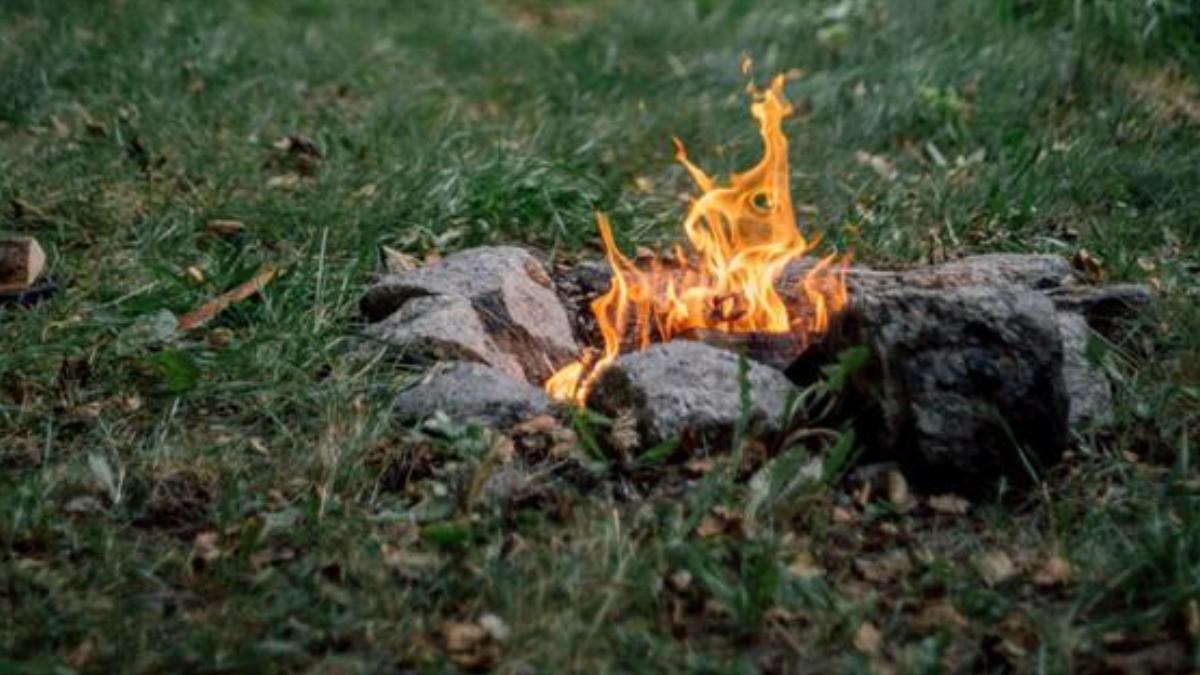Waikato District Council says, “It’s been pretty dry so it’s no surprise that Fire and Emergency New Zealand has declared a restricted fire season for Raglan and all of the Waikato District effective from Monday 13 January.”
This means you will need a permit to light a fire in the open from Monday.
To check what’s classed as an open fire and to apply for a permit please go to www.checkitsalright.nz and click on the Can I Light A Fire icon.
Fire season status: Restricted Fire Season
Fire and Emergency New Zealand has declared a restricted fire season, effective from 13 January 2020 for Raglan and the entire Waikato District.
To check if this relates to your area and to apply for a fire permit visit www.checkitsalright.nz/
Or:
- Visit website: Fire and Emergency New Zealand
- Email: firepermit.enquiries@fireandemergency.nz
- Phone: 0800 658 628
Fire seasons
There are three fire seasons, the selection and dates of the fire seasons vary depending on the conditions and are the responsibility of the Principal Rural Fire Officer.
- Open fire season – fires may be lit in the open air with no requirement for a permit. When a fire is lit, it must be done in a safe and considerate manner that does not cause a nuisance to your neighbours. The permitted activity rules can also be found in the Air Quality chapter of the Air Land and Water Plan.
- Restricted fire season – during the restricted fire season, a fire permit is required to light any fire in the open air. Exemptions are:
- Barbeques
- Traditional cooking fires
- Braziers
- Outdoor gas heaters
- Prohibited fire season – a prohibited fire season can be imposed at any time throughout the year by the Principal Rural Fire Officer during periods of extreme fire danger, and no fire of any description may be lit in the open air.
Your responsibilities when lighting a fire
- Check if you need a fire permit before lighting a fire. For information about the fire season status throughout the country visit www.checkitsalright.nz.
- Make sure the weather conditions are suitable for lighting a fire. A strong breeze can carry sparks for a considerable distance.
- Make sure the intended fire location is adequately separated from other surrounding combustible materials. Don’t think that only bone-dry ‘brown’ vegetation will burn.
- Never leave fires unattended because a change in wind direction or other unexpected behaviour can occur quickly.
- Fires should not be ignited or have a naked flame visible during the hours of darkness.
- Make sure there is sufficient access for fire fighting vehicles. Access tracks around your property need to be maintained so that a Fire Appliance can get in to your property within a timely manner.
- Special attention is required for areas where peat soils exist as these fires can spread undetected and can be extremely difficult to control. The open season is the best time to carry out safe burns reducing the need for fires during summer.
- It is the responsibility of the person lighting the fire to ensure there are sufficient resources on site to manage the fire and that the fire is contained at all times.
- A fire should not be lit unless public liability and fire suppression insurance is taken out.
- Liability for damage or fire suppression costs caused by any fire is the responsibility of the person lighting the fire.
Plan ahead
- Think about the time of year you want to burn. During March-April and September-October strong equinoctial winds make burning potentially dangerous. Fire bans can be put in place during summer.
- Give your vegetation plenty of time to dry out. The majority of sap is water. Stacking your vegetation and leaving for up to six months will allow it to dry out and give you a much better burn.
- If possible cut and stack your vegetation in the spring and burn in the autumn. This gives the vegetation plenty of time to dry, producing a good clean burn and reduces the likely hood of fire escaping as we enter the wetter time of year.
You need to maintain your occupied (or unoccupied) section to reduce the fuel loading therefore reducing the risk of fire travelling into or out of your property.
If you are calling about a dangerous fire you are aware of please dial 111.
Smoke and Nuisance Fires
To report a nuisance smoke fire please phone us on 0800 492 452.
For all air pollution/noxious smoke complaints (such as burning plastics and tyres etc.) please contact Waikato Regional Council on 0800 800 401.

